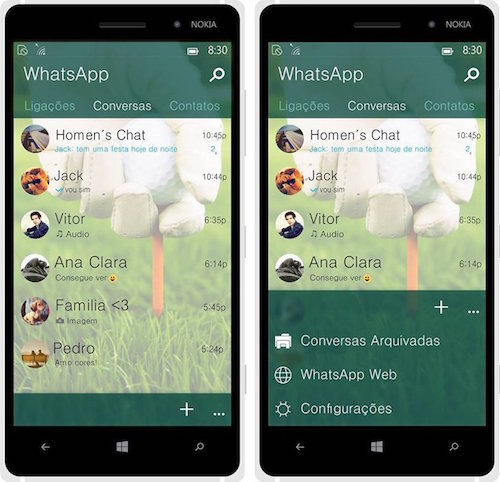

If we made an assumption not disclosed by the parent company, we linked to the source of the reported assumption. All underlying assumptions are based on public financial disclosures unless stated otherwise.We recognize this analysis is flawed (cashflow/profit multiples are better, at least for mature companies), but given the opacity of most companies’ business unit reporting, this was the only way to apply a consistent and straightforward approach to each deal. If you have any examples you think we missed ping us on Slack or email at: We used revenue multiples to estimate the current value of the acquired company, multiplying its current estimated revenue by the market cap-to-revenue multiple of the parent company’s stock. We considered all historical acquisitions - not just technology companies - but may have overlooked some in areas that we know less well.Naspers’ investment in Tencent and Softbank/Yahoo’s investment in Alibaba are disqualified for this reason. In order to count for our list, acquisitions must be at least a majority stake in the target company (otherwise it’s just an investment).Just tell them that David and Ben sent you when you get in touch!
WHATSAPP POCKET CRACK TRIAL
You can learn more and get a free trial by clicking here. They’re trusted by amazing firms like Benchmark, Spark, Thrive, First Round, Redpoint, MITIMCo, IGSB and more. The Tegus product contains thousands of fully transcribed, searchable interviews with experts on companies of all stages, sizes, geographies and sectors – all accessible online and on-demand. Thank you to Tegus for being our presenting sponsor for this episode! Tegus is the world’s leading company intelligence platform. We hope you’ll give it a listen regardless, and we’re working on getting a transcript made ASAP, which we’ll post to the website when it’s ready. Our editors worked super hard to fix in post-production, but it’s still not totally perfect. Note: Unfortunately David’s audio quality in this episode was impacted by a technical glitch which we didn’t discover until after recording.

Was this this worst acquisition of all-time, or a brilliant strategic chess move by Mark Zuckerberg & co? Tune in as we render Acquired’s judgement! Yet despite that enormous pricetag and all its associated fanfare, as we sit here 5+ years later WhatsApp actually generates LESS revenue than the meager ~$20m it was bringing in at the time of acquisition. We kick off Season 6 with a long-awaited Acquired Classic: Facebook’s $22B purchase of WhatsApp in 2014, which still ranks as the largest acquisition of a private VC-backed startup in history.

The Complete History and Strategy of WhatsApp


 0 kommentar(er)
0 kommentar(er)
